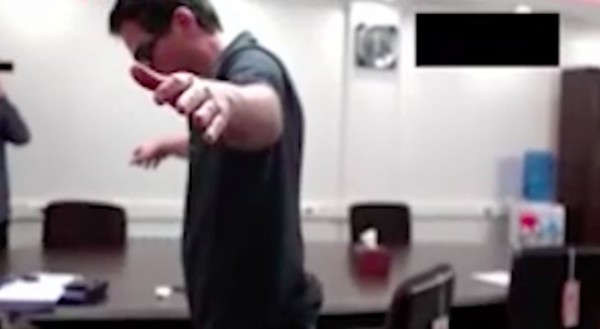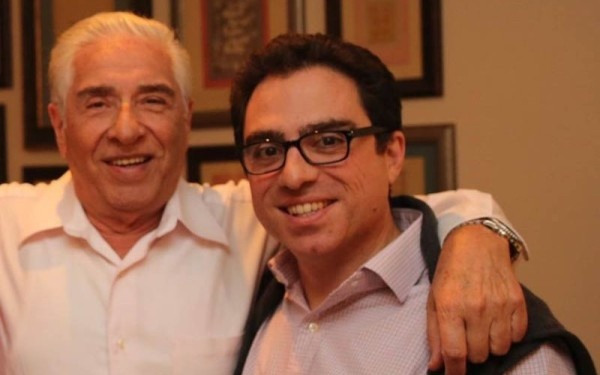PHOTO: Baquer and Siamak Namazi
An Iranian court has sentenced Iranian-American oil executive Siamak Namazi and his elderly father Baquer to 10 years each in prison.
The news was posted on Tuesday on Mizan News, a judiciary outlet, based on an “informed source”. He said that the men were convicted of cooperating “for cooperating with the hostile government of America”.
Namazi, who worked for Crescent Oil, was arrested as he visited family in Tehran. In February, he was joined in detention by his 80-year-old father Baquer, a former UNICEF official. Fars News, the outlet of the Revolutionary Guards, said the arrests were “to uncover the complex layers of vast financial and intelligence corruption by a network that is associated to the UK and to America”.
Siamak’s brother and Baquer’s son, Babak Namazi, called the sentences unjust: “In the case of my father this is tantamount to a life sentence.”
He said each man received a single court session lasting a few hours before the sentences were handed down.
Iranian authorities have regularly seized dual nationals. The Guards stepped up the detentions from last autumn, including the arrests of the Namazis; US-based Lebanese-Iranian businessman Nazar Zaka; Iranian-American Robin Shahini; Anglo-Iranian charity worker Nazanin Zaghari-Ratcliffe; and Canadian-Iranian academic Homa Hoodfar.
Hoodfar was recently allowed to go back to Canada, but Zaghari-Ratcliffe was given a five-year sentence and Zaka handed a 10-year term in September.
Judiciary Sends Message with Arrest Video
On Sunday, the Iranian judiciary sent a message — possibly to the US — with the release of a video of last October’s arrest of Siamak Namazi.
The video was posted on the website of the Mizan News Agency, which is linked to the judiciary. It shows a confused-looking Niamak with his hands raised.

In a possible signal to the US, the newly-released video also features photographs of Jason Rezaian, the Washington Post correspondent who was released in January 2016 after 18 months in prison.
Rezaian and three other Iranian-Americans were freed at the time of the announcement of the implementation of the July 2015 nuclear deal. The video features features shots of American money, perhaps indicating that the US should ease ongoing financial restrictions for future prisoner releases.
It also holds out the threat of further action, showing images of the Revolutionary Guards briefly seizing US sailors in January 2016.

